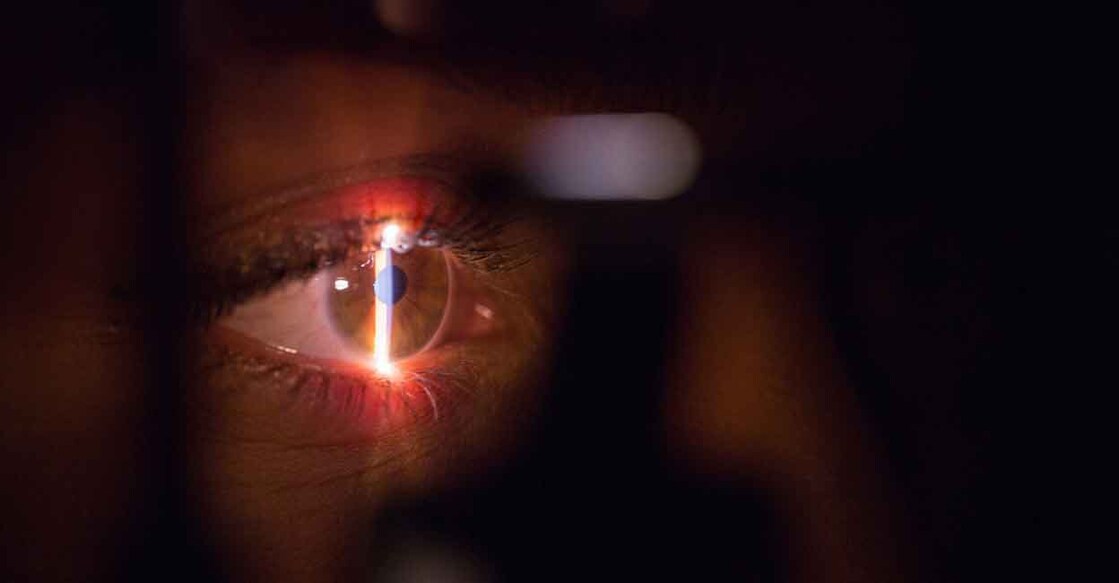Inherited disease of the retina can now be diagnosed by AI in eye scans

Mail This Article
New Delhi: Artificial intelligence (AI) has been used to develop an eye scan that can help improve diagnosis of inherited disease of the retina, said a team of researchers.
Inherited retinal diseases (IRDs), single-gene disorders affecting the retina, are very difficult to diagnose since they are uncommon and involve changes in one of many candidate genes.
Dr Nikolas Pontikos, a group leader at the University College London's Institute of Ophthalmology and Moorfields Eye Hospital, and the team developed Eye2Gene, an AI system capable of identifying the genetic cause of IRDs from retinal scans.
"Identifying the causative gene from a retinal scan is considered extremely challenging, even by experts. However, the AI is able to achieve this to a higher level of accuracy than most human experts," said Dr Pontikos.
Identification of the gene involved in a retinal disease is often guided by using the patient's phenotype defined using the Human Phenotype Ontology (HPO).
The team benchmarked Eye2Gene on 130 IRD cases with a known gene diagnosis for which whole exome/genome, retinal scans, and detailed HPO descriptions were available, and compared their HPO gene scores with the Eye2Gene gene scores.
They found Eye2Gene provided a rank for the correct gene higher or equal to the HPO-only score in over 70 per cent of cases.
In the future, Eye2Gene could be easily incorporated into standard retinal examinations. "Ideally, Eye2Gene software would be embedded into the retinal imaging device," said Dr Pontikos.
"We need further evaluation of Eye2Gene in order to assess its performance for different types of IRD patients from different ethnicities, different types of imaging devices, and in different types of settings," the team noted. The findings were shared at the annual conference of the European Society of Human Genetics on Saturday.

